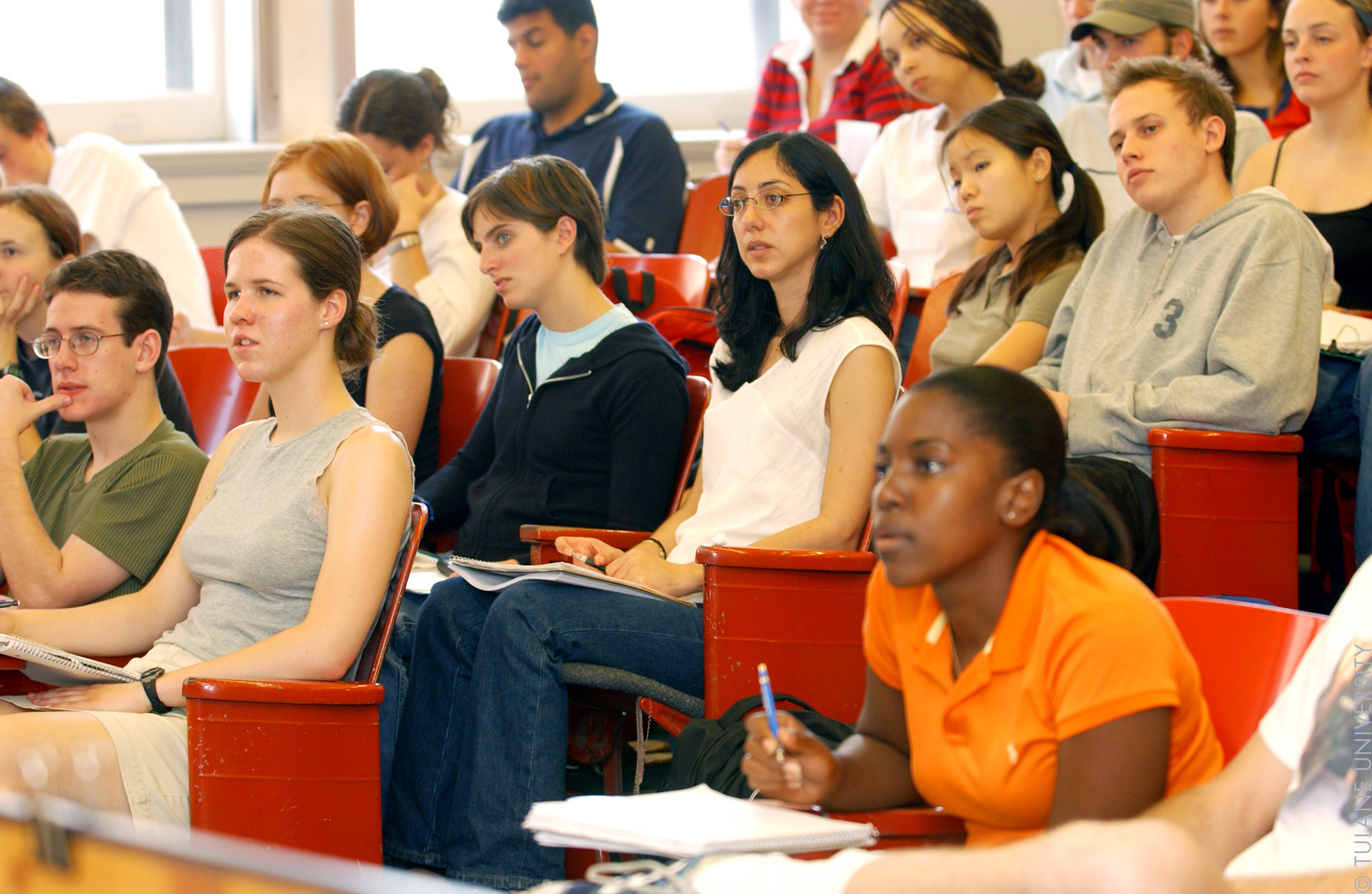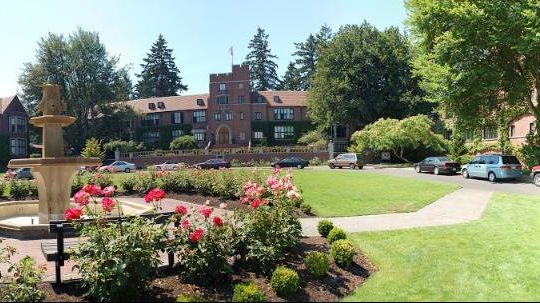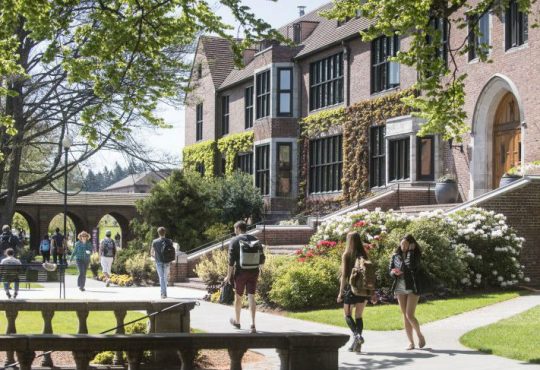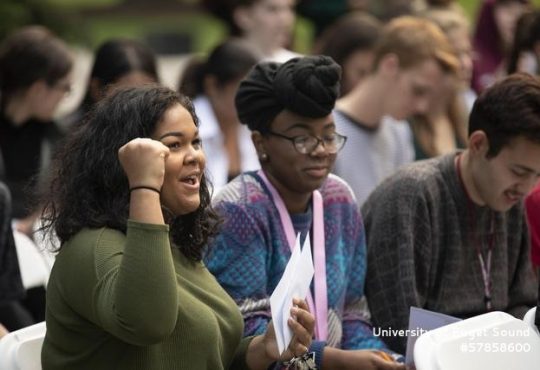
First-year dorms are visibly emptier this semester, because many first-year students transfer out of the University second semester. The question is, why?
Overall, the University of Puget Sound has a higher retention rate than the national average. The University’s transfer-out rate, as of its most updated report from the Fall of 2011, is 16 percent, while the average transfer-out rate between 2012 and 2015 is 22 percent.
In 2018, the University of Puget Sound launched a strategic 10-year plan called Leadership for A Changing World. This, according to the University website, is “a student-centered strategic plan … supported by a commitment to do all that we can to make a Puget Sound education ever more meaningful, relevant, accessible, and distinctive.”
Outlined in the initiative is the goal to “enrich our learning environment through increased diversity, inclusion, and access.”
The University has emphasized this effort to increase diversity on campus since the creation of the Diversity Planning Task Force in 2005, and as of 2016, the University has begun creating a yearly report on cultivating a culture of inclusive excellence, focusing on recruitment and retention.
As stated in the Diversity Annual Report 2017, the enrollment of minoritized students has increased. However, is the University retaining these students?
“I don’t feel like I fit here,” first-year Anikka Wright said. Wright identifies as mixed-race, being black, white and Asian.
“It’s an amazing school and I am so so happy to have been here … but people here actually get kind of weird about race,” Wright said.
“I feel like people turn to the two people of color in the class to talk about race, and it is kind of hard to carry the weight of that,” she said. Wright plans on transferring next year to Dominican University of California.
Wright is not alone as a student of color in her decision to leave the University. According to the National Center for Education Statistics, only 68 percent of Puget Sound students of two or more races who began their studies in 2011 received a degree or award. Black students were the least likely to receive a degree or award at 67 percent.
First-year Anna Thompson also plans on transferring next year from the University. Thomson identifies as white and is leaving due to drastically changed financial circumstances.
“My dad just went under massive surgery … this has caused him to retire from his job and he is now in medical debt and on unemployment. … My mother is a single mother who owns her own business,” Thompson said.
“The message seemed pretty clear to me: if you can’t pay, there isn’t a place for you,” Thomson said of her experience with financial aid.
Thompson also recalled the lack of empathy and awareness of her peers, who said things like, “‘I just don’t get it. Why would you come here if you don’t have the money to pay for it?’”
“It feels like a slap in the face,” Thompson said.
“With a community that doesn’t seem to think you should have come if you couldn’t afford it and then not feeling like there’s a strong reaction from the school itself … to keep you here, it’s like, yeah, why did I come?” Thompson said.
Wright and Thompson highlight a major issue students face that causes many to drop out: not feeling accepted or understood by the Puget Sound community.
Black Alumni Union (BAU) president Regina Glen also believes that the University is capable of providing better support to their students.
“It’s like having a party with no music and no direction to it. You got all the best food inside, you got a great venue, nice comfy chairs … but nobody knows how to get there,” Glenn said.
Glenn also advocates for more specific attention to new students such as with a sponsorship program.
Another major issue facing students, according to Professor LaToya Brackett, is academic preparedness. Brackett states that the lack of social connection that many experience at college can impact students academically.
Brackett, a visiting assistant professor in African American studies and the Race & Pedagogy Institute, has a background in studying the retention of students of diverse backgrounds.
Brackett discussed “Transition or Bridge Programs to provide students with tools to be successful in their first year in college,” the likes of which she participated in as a college student.
“We need a retention specialist as a whole on this campus. … We’re all a part of retaining students but if there was someone who could dedicate all their time to retaining students I think that would be a good asset,” Brackett said.
Brackett emphasized that the University is genuinely trying to increase diversity; however, it is important to recognize that this is not easy.
“If we are providing opportunities to students that have not previously been the major demographic of Puget Sound, then we need to ensure that we assess how those changes in our demographic also means that the way we provide for students as they engage in our liberal arts education will also need to change. … I believe we can do it,” Brackett said.
Staff in the financial, enrollment and diversity offices were unavailable for comment on this article.
The name of Anna Thompson has been changed for privacy purposes.




